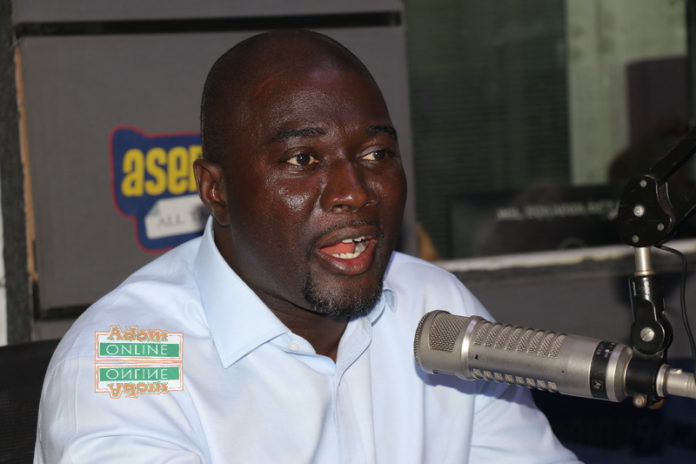The Chamber of Petroleum Consumers-Ghana (COPEC) has lauded the government’s decision to eliminate fuel allowances for political appointees, describing it as “commendable and forward-thinking.”
President John Dramani Mahama on Tuesday, July 15, 2025, announced the immediate cancellation of all fuel-related benefits and allocations to political appointees.
The directive, part of the Mahama administration’s Reset Agenda, is aimed at cutting government expenditure and redirecting resources to critical development projects.
Reacting to the development, COPEC Executive Secretary Duncan Amoah welcomed the initiative but called for transparency in the use of the savings.
“We also demand that the monies previously allocated for fuel allowances be placed in a dedicated account, with proceeds channelled into specific public projects that will benefit both current and future generations. This will serve as a testament to the government’s prudent management and utilisation of public resources,” COPEC said in a statement.
The move has been widely seen as a bold step toward restoring public confidence in the management of state resources.
Read below the full statement by COPEC
CHAMBER OF PETROLEUM CONSUMERS-GHANA
ACCRA
15-07-2025
GOVERNMENT SCRAPS FUEL ALLOWANCES FOR ALL ITS APPOINTEES
The decision by the government to effectively immediately scrap all allowances for fuel for every appointee of the president is commendable and forward-thinking, albeit a few things will have to be considered forthwith.
Fuel allowances over the years have been enjoyed by virtually all Article 71 office holders, appointees of the president and other public officers to make mobility easier for these important public office holders in addition to the age provision of vehicles, fully serviced and fueled by the state.
Our recent checks indicate averages of about 833 litres or 185 gallons per appointee per month.
These figures are staggering, though some appointees do receive way more than these average figures.
The above serves as an indication of how much the state expends on public office holders aside, providing them with ultra-new vehicles and maintenance of the same.
While we believe appointees should be catered for in a way as to reduce the tendency to be corrupted while holding public offices, we also believe the excesses of office ought to be curtailed and for that reason, we view this new directive by the President as completely laudable and commendable.
Given the above, however, it is our demand herewith that all other public office holders’ emoluments and gratuities be reviewed going forward to reflect the current economic status of the country as the government seeks to advance austerity in public spending.
We also, demand that, the monies that would have been used in providing fuel for the appointees that has been scrapped forthwith be put into an account and the proceeds of same, be used for specific public projects that will benefit both current and future generations to serve as a testament of the current government’s prudent management and utilisation of public resources.
We also further encourage the Government to consider the adoption and assembly of electric or solar-powered vehicles for public office holders going forward as has been proposed by the Minister of Energy and Green Transitions.
The departure from high consuming landcruisers and other vehicles will go a long way in eliminating the need to at any point in time, restore the now scrapped fuel allowances by the current government.
To end, we want to encourage, the Government to audit the petroleum price build up as some taxes on the current price build up have outlived their purposes and should be removed to give respite in the face of the imminent introduction of the new one Ghana cedis per litre levy which is set to come into effect on the 16th of July, 2025.
Signed.
Duncan Amoah.
Executive Secretary.
Source: AdomOnline
READ ALSO:



